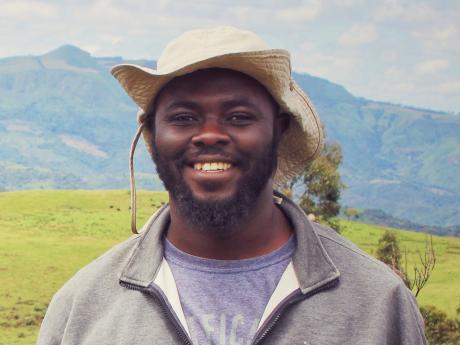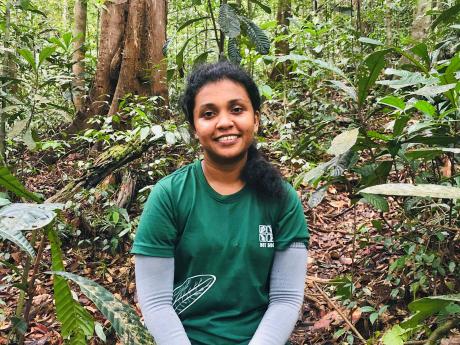J&J Ruinen Fellowship in Tropical Forestry: Announcing the 2023 Awardees
Over the course of the past 20 years, ForestGEO’s research grants program has awarded more than $1.3 million to scientists dedicated to expanding the understanding of forests around the globe. This year, ForestGEO has selected six awardees whose projects employ ForestGEO plots or data to help build the knowledge base of tropical forests. Read on to meet the 2023 J&J Ruinen Fellows and learn all about their projects.






